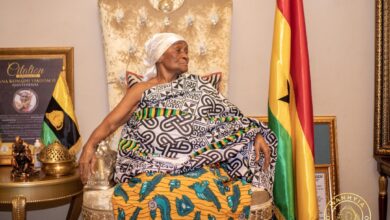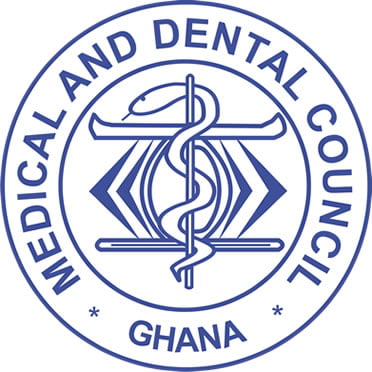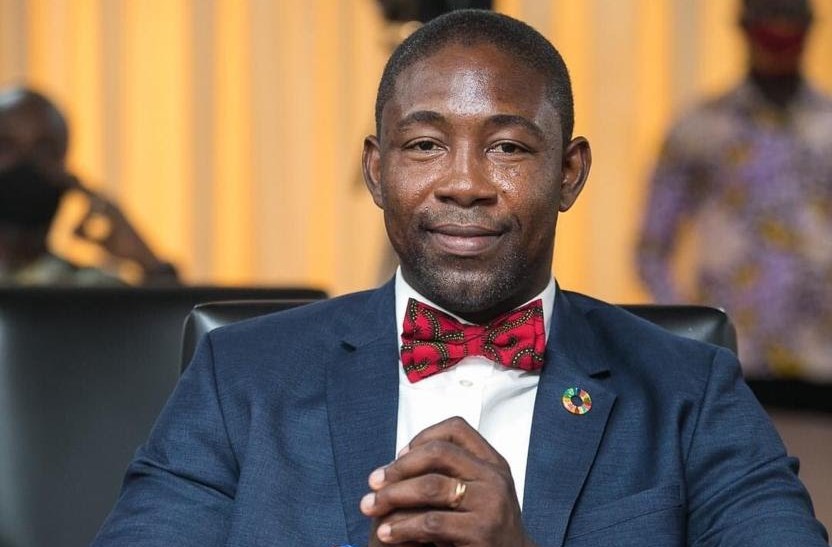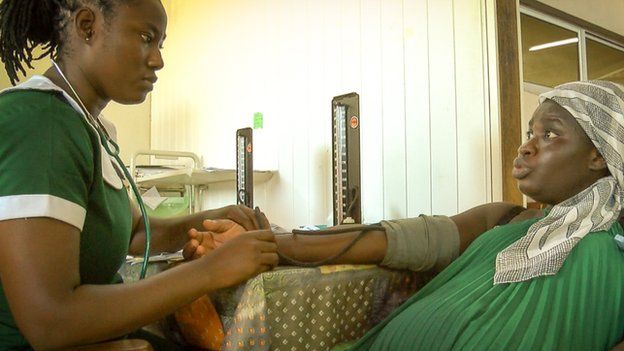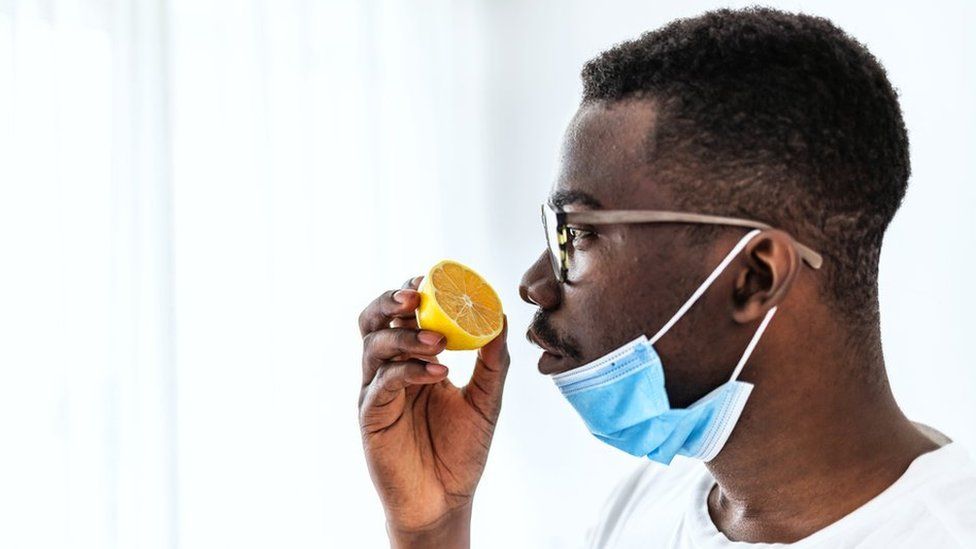Data: Johnson & Johnson Vaccine Boosters Increase Antibodies
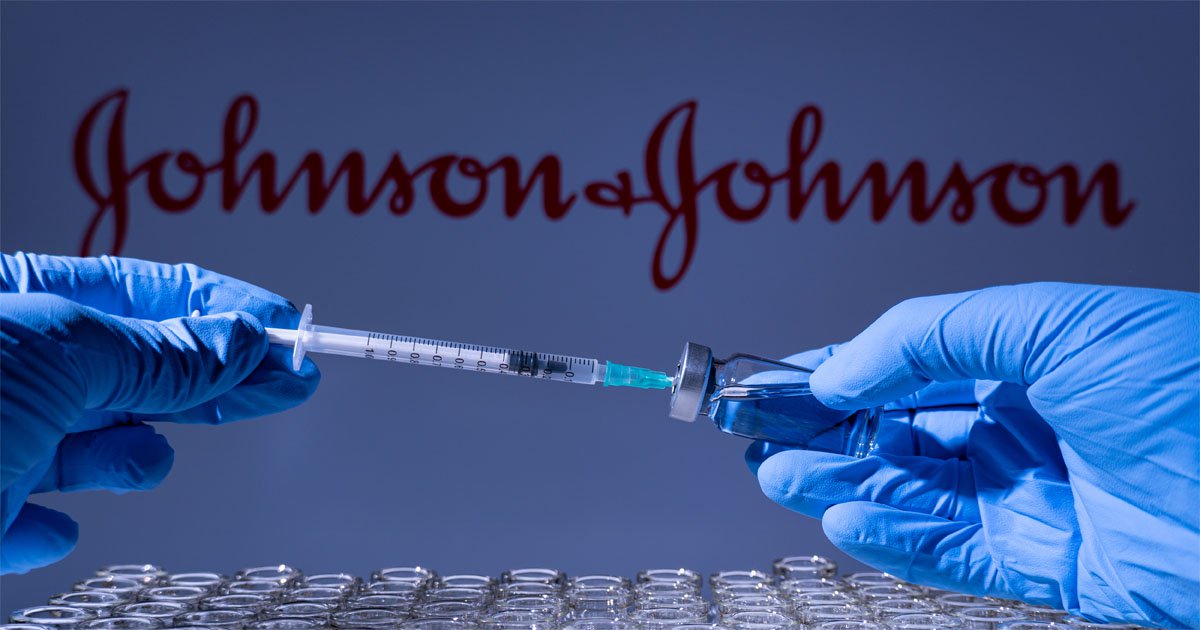
The Johnson & Johnson (J&J) company is saying that a booster shot of its COVID-19 vaccine sharply increased levels of antibodies, according to interim data from two early-stage trials.
A second dose of the United States company’s single-dose vaccine resulted in binding antibody levels nine times higher than the levels 28 days after people received their first dose, the company said in a news release on Wednesday.
Unlike neutralising antibodies, which destroy the virus, binding antibodies attach to the virus but do not destroy it or prevent infection. Instead, they alert the immune system of its presence so white blood cells can be sent to destroy it.
The new information comes as several countries, including the US, have begun offering booster doses of other vaccines to vulnerable individuals, including the immunocompromised, as the Delta variant has spread and some vaccinated people have caught COVID-19.
There has previously been no evidence about the effect of a booster dose of the J&J vaccine.
US Centers for Disease Control and Prevention (CDC) advisers, in particular, have been waiting for word on how to advise immunocompromised individuals who received the J&J vaccine.
According to J&J, the studies showed significant increases in binding antibody responses in participants aged 18-55 and in those 65 years and older who received a lower booster dose.
The study summaries are being submitted to the preprint server MedRxiv in advance of peer review.
The results were released before long-awaited results from J&J’s large, two-dose vaccine trial.
A spokesman said those results will be available in the coming weeks.
In July, J&J published data in the New England Journal of Medicine that showed neutralising antibodies generated by its vaccine remained stable eight months after immunisation with a single dose.
“With these new data, we also see that a booster dose of the Johnson & Johnson COVID-19 vaccine further increases antibody responses among study participants who had previously received our vaccine,” Mathai Mammen, head of research and development at J&J’s Janssen pharma division, said in a statement.
“We look forward to discussing with public health officials a potential strategy for our Johnson & Johnson COVID-19 vaccine, boosting eight months or longer after the primary single-dose vaccination.”
Several scientists have raised concerns that individuals who got the J&J shot would need boosters.
One study by a team from New York University found a “significant fraction” of blood samples from recipients who got the J&J jab had low neutralising antibodies against Delta and several other coronavirus variants.
J&J said the company is working with the CDC, the US Food and Drug Administration, the European Medicines Agency, the World Health Organization and other health authorities about delivering a booster shot.
SOURCE: NEWS AGENCIES


